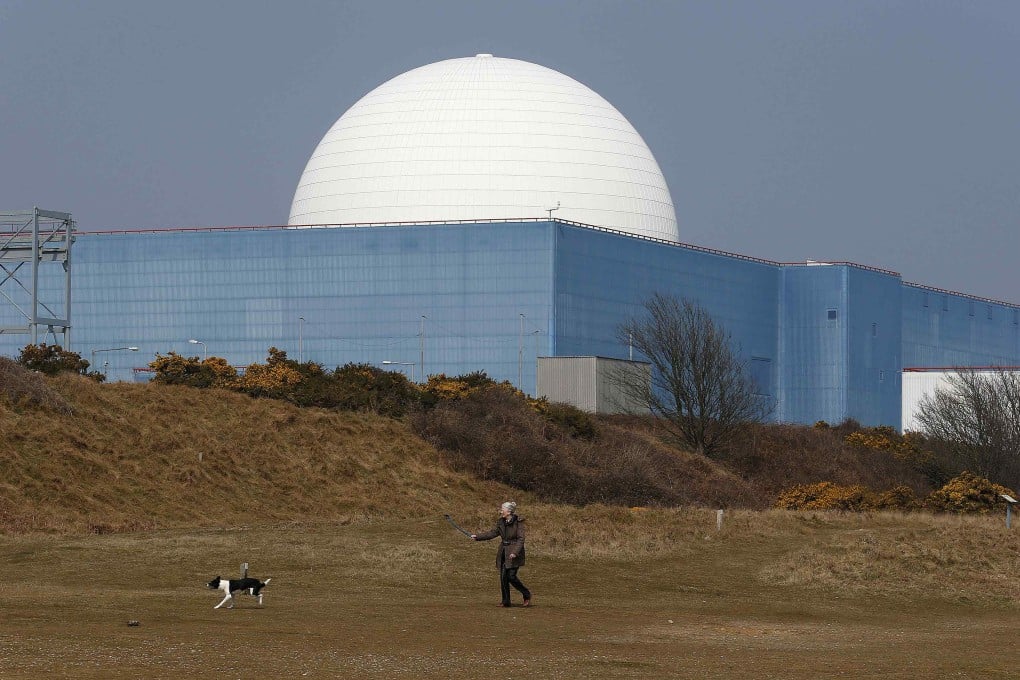Britain’s nuclear rebirth signed off - with Chinese investment
Building of major new nuclear plant announced

Britain will on Monday embark on building the first nuclear power station for two decades as the coalition government hands a multibillion subsidy to France’s EDF with help from a state-owned Chinese firm.
The two planned pressurised water reactors at Hinkley Point C, Somerset, south-west England, are the first to start construction in Europe since Japan’s Fukushima disaster and the first in the UK since the Sizewell B power station came online in 1995.
The new reactors, which will cost GBP14bn, are due to start operating in 2023 if constructed on time and will run for 35 years. They will be capable of producing 7% of the UK’s electricity - equivalent to 7m homes.
After months of delay, the news came as the coalition has come under intense pressure over rising electricity bills. Gas suppliers British Gas and SSE have both announced price rises for customers of close to 10% and Labour party leader Ed Miliband’s promise to freeze energy bills has struck a chord with voters.
Over the weekend, the archbishop of Canterbury waded into the row over energy prices, warning that the latest wave of hikes looks inexplicable. Justin Welby, a former oil executive, insisted the big six companies had an obligation to behave morally rather than just maximising profit. “They have control because they sell something everyone has to buy. We have no choice about buying it,” he told the London-based Mail on Sunday. “With that amount of power comes huge responsibility to serve society.”
The guaranteed subsidies promised by the government for Hinkley Point C will lead to accusations that ministers are loading a further cost on spiralling energy prices by again requiring British taxpayers to subsidise nuclear power.
The coalition counters that similar subsidies are going to other carbon-free industries such as renewables and that the country needs the energy security and steady base load that nuclear provides. Gas prices, although relatively low, are predicted to rise.